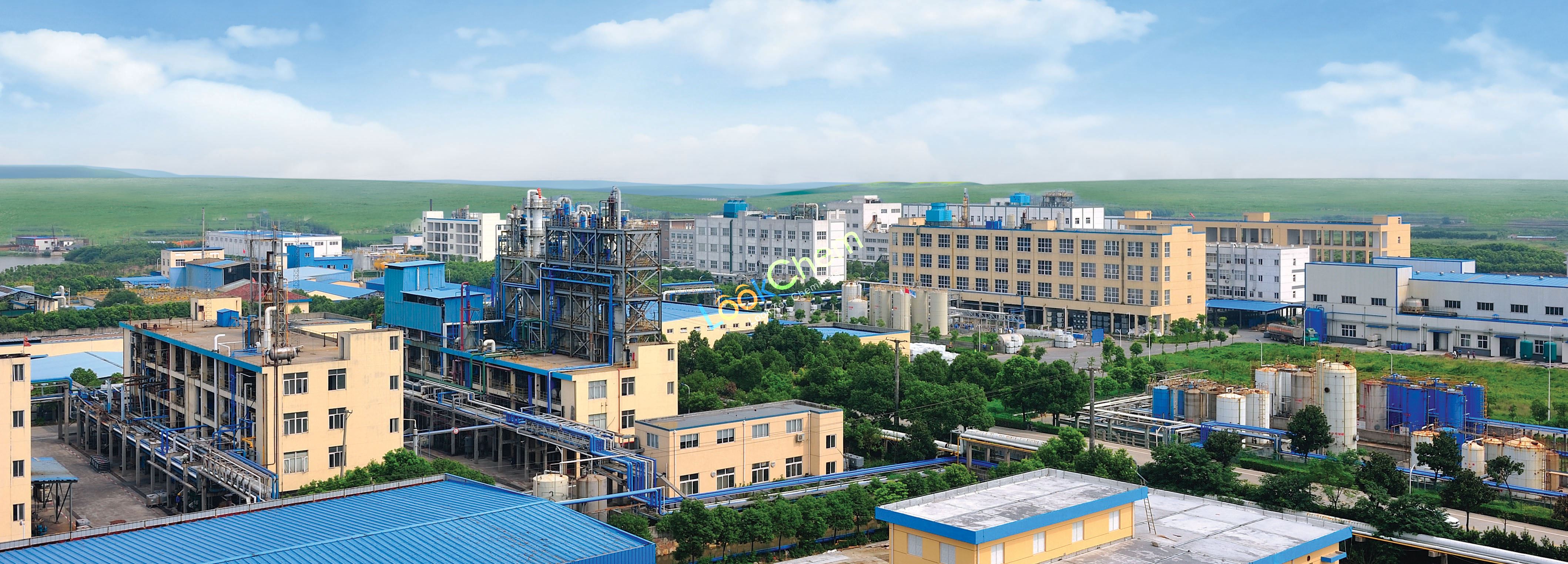- Product Details
Keywords
- N,N-Dimethylaminopropyl Methacrylamide 98.5%
- DMAPMA liquid
- N,N-Dimethylaminopropyl Methacrylamide in bulk supply
Quick Details
- ProName: N,N-Dimethylaminopropyl Methacrylamide...
- CasNo: 5205-93-6
- Molecular Formula: C9H18N2O
- Appearance: Colorless to light yellow clear liquid...
- Application: As multifunctional water treatment age...
- DeliveryTime: two weeks
- PackAge: Net 190KG plastic drum or net 950KG IB...
- Port: Shanghai
- ProductionCapacity: 3000 Metric Ton/Year
- Purity: 98.5%
- Storage: keep in dry and cool condition
- Transportation: By sea or by air
- LimitNum: 1 Metric Ton
Superiority
N,N-Dimethylaminopropyl Methacrylamide 5205-93-6 liquid 98.5% in bulk supply
Jiangsu Feymer Technology Co., Ltd is founded by integration of Function Monomers and Water Soluble Polymers business of Feixiang Group and business unit of processing indusrial auxiliaries of Beijing Response-Chem.
Feymer Technology is located in Feixiang Central Industrial Park in Zhangjiagang, Jiangsu, China.
Our vision is to become a globally leading company in manifacturing of water-soluble polymers and monomers.

Our production capacity of DMAPMA is 3000MT/Year.
Details
N,N-Dimethylaminopropyl Methacrylamide 5205-93-6 liquid 98.5% in bulk supply
Physical and Chemical Properties
Appearance: Clear colorless to slight yellow liquid
Odor: Ammonia-like
Boiling Point: 134C
Flash point:113C (closed cup)
Specific Gravity(H20=1): 0.94(20C)
Note: These physical properties are typical values for this product and are subject to change.
===================================================================
Stability and Reactivity
Stability and Reactivity: The product is stable under normal conditions.
Conditions to avoid: Avoid extremes of temperature. Heat and sources of ignition including static discharges.
Materials to avoid: Contact with strong oxidizers(e.g. chlorine. Peroxides, chromates, nitric acid, perchlorate, concentrated oxygen, permanganate) may generate heat, fires, explosions and/or toxic vapors.
Hazardous Decomposition Products:
Under fire conditions: Oxides of carbon, oxides of nitrogen.
Hazardous Polymerization: Will not occur.


